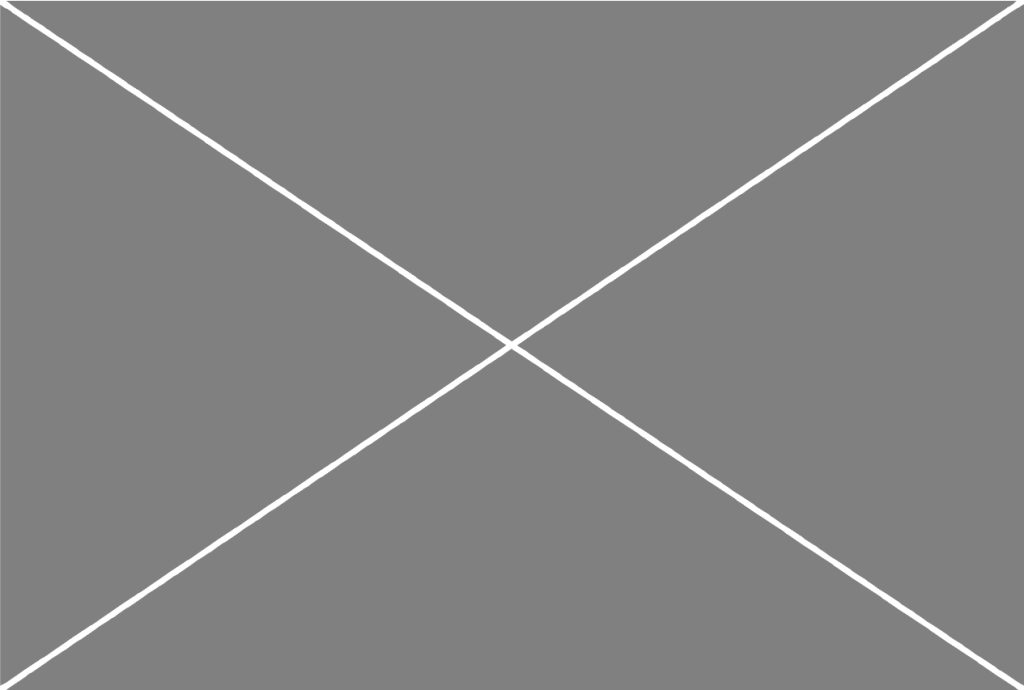
European Ethnology has long been concerned with the entanglements of people, things, and environments. In the context of the climate crisis, extinction, and planetary precarity, these relations demand new vocabularies and methods. The cluster More-Than-Human Worlds and Alterecology responds to this demand by bringing together anthropology, feminist Science and Technology Studies (STS), and environmental humanities to explore how ethnography can become an ethics and aesthetics of coexistence.
Alterecology begins where ecology is no longer understood as a neutral science of balance but as a situated ethics of relation. It investigates the material and moral interdependencies that bind species, infrastructures, and environments together—often through residues, waste, and care. To think alterecologically is to study not only vibrant life but also its afterlives: decay, contamination, and repair as vital social processes.
This teaching cluster invites students to engage the Anthropocene not as a distant concept but as an everyday condition. It asks: How can ethnography trace multispecies survival amid ecological ruin? What forms of care, maintenance, and imagination sustain more-than-human coexistence? And how might feminist and decolonial perspectives transform the ways we describe, represent, and intervene in ecological worlds?
Through seminars, fieldwork, and multimodal experimentation, students learn to observe more-than-human relations as sites of ethical and political inquiry. They move between the descriptive and the speculative, developing sensibilities for documenting life that persists across thresholds of death, toxicity, and neglect. Writing, drawing, and mapping become methods of attention—ways of staying with the trouble, as Donna Haraway suggests—while also reworking ethnography as a practice of ecological imagination.
Students encounter key thinkers such as Haraway, Tsing, Puig de la Bellacasa, Descola, Latour, and Yusoff, alongside contemporary ethnographers who translate planetary crisis into local ethnographic attentiveness. Across readings and exercises, the cluster foregrounds care as both concept and method: an act of maintenance, a way of knowing, and a mode of responsibility toward the more-than-human.
The cluster comprises two complementary courses that articulate a gradual progression in conceptual and methodological depth:
- More-Than-Human Worlds and Alterecology (BA) introduces students to the foundations of multispecies ethnography and ecological thought. It emphasizes observation, sensory engagement, and creative documentation as tools for learning to notice coexistence. Through field labs, students trace small ecologies of care and decay, producing short texts, maps, and vignettes that render Anthropocene relations legible. The course culminates in a Cabinet of Alterecological Fragments, a collective exhibition of multispecies encounters and ecological reflections.
- Anthropology of the Anthropocene: Alterecological Methods and Multispecies Futures (MA) deepens this foundation through theoretical inquiry and experimental practice. It situates alterecology within feminist, decolonial, and planetary debates, exploring the politics of scale, justice, and representation. Students develop independent projects that integrate ethnography, theory, and curatorial design, producing Cabinets of Alterecological Specimens that transform field encounters into analytical and speculative forms.
Together, these courses trace a movement from noticing to theorizing, from situated observation to speculative reconstruction—from attending to the living fragments of everyday ecologies to conceptualizing the Anthropocene as an ethnographic condition. They offer students a coherent pathway for rethinking ethnography as an alterecological method: a practice of care, curiosity, and creative repair that confronts the ethical and epistemological challenges of more-than-human coexistence. Both courses share a commitment to ethnography as an ecological craft of attention: a way of learning to live and think with others—human and nonhuman—amid uncertainty and transformation.

More-Than-Human Worlds and Alterecology (BA)
This course introduces students to the foundations of multispecies ethnography and ecological thought within European Ethnology. It teaches observation, sensory engagement, and creative documentation as ways of learning to notice coexistence, decay, and care. Through readings, field labs, and collective exercises, students trace small ecologies of relation and transformation, assembling their findings in a shared Cabinet of Alterecological Fragments that reimagines ethnography as an art of attention in the Anthropocene. Access

Anthropology of the Anthropocene (MA)
This course examines the Anthropocene through the lens of alterecology—an ethnographic and curatorial practice attuned to more-than-human worlds. Drawing on feminist, decolonial, and speculative traditions, it explores the ethics and politics of scale, care, and representation. Students develop independent field-based projects that integrate theory, design, and curation, producing Cabinets of Alterecological Specimens that transform ecological encounters into analytical and imaginative propositions for living and thinking with planetary uncertainty. Access
Course Relationship and Progression
More-Than-Human Worlds and Alterecology and Anthropology of the Anthropocene: Alterecological Methods and Multispecies Futures form two interconnected stages in the exploration of ecological ethnography within European Ethnology. Together, they cultivate a methodological sensibility grounded in attention, care, and speculative experimentation—an alterecological ethnography that reimagines fieldwork as a practice of coexistence across species, scales, and temporalities.
The first course, More-Than-Human Worlds and Alterecology, introduces students to the conceptual and observational foundations of multispecies ethnography. It emphasizes embodied attention, sensory engagement, and creative documentation as means of learning to notice coexistence and decay in everyday environments. Through readings, field labs, and collaborative exercises, students trace small ecologies of relation and transformation, assembling their findings in a shared Cabinet of Alterecological Fragments. The emphasis lies on developing ethnography as a practice of noticing, caring, and composing with the living and the decomposing.
The second course, Anthropology of the Anthropocene: Alterecological Methods and Multispecies Futures, expands these foundations into advanced theoretical and curatorial inquiry. It situates alterecology within feminist, decolonial, and speculative debates, exploring the politics of scale, representation, and planetary care. Students experiment with design anthropology, speculative mapping, and curatorial methods to translate ecological encounters into analytical and imaginative forms. The emphasis lies on developing ethnography as a practice of theorizing and transforming—where care becomes method and speculation a mode of ecological reasoning.
Taken together, these courses articulate a coherent pedagogical trajectory—from learning to notice to learning to reimagine. Students move from cultivating attentiveness to the more-than-human relations of everyday life to developing alterecological projects that intervene in how those relations are understood, represented, and cared for. The sequence nurtures an ethnographic imagination attuned to planetary entanglements: one that listens, curates, and speculates with the fragile ecologies of the Anthropocene.
